Politics
AJ, AJIT DOVAL, ASIA, BEIJING, BILATERAL TALKS, CHINA, ECONOMIC COOPERATION, EUROPE/ASIA, GALWAN, GEOPOLITICS, INDIA, INDIAN NATIONAL SECURITY, INTERNATIONAL COOPERATION, INTERNATIONAL RELATIONS, KAZAN, ME, MEA, MEXICO, NA, NARENDRA MODI, NORTH AMERICA, NSA DOVAL, RUSSIA, SC, SECTOR, SR, STRATEGIC PARTNERSHIP, WANG YI, XI JINPING, ZHENG
Sophia Klein
India and China Move to Resume Kailash Mansarovar Yatra and Border Trade Amid Improved Relations
The 23rd Meeting of Special Representatives between India and China marks a crucial step towards normalizing relations, emphasizing border peace and cooperation, including the Kailash Mansarovar Yatra. The meeting, held after years of conflict post-Galwan Valley clash, led to affirmations on disengagement and future dialogues. Enhanced bilateral ties aim to support regional stability and prosperity.
India and China are taking significant steps toward normalizing bilateral relations as evidenced by the recent meeting in Beijing between Indian National Security Advisor Ajit Doval and Chinese Foreign Minister Wang Yi. This meeting, which took place on December 18, 2024, marked the first special representatives meeting since the 2020 Galwan Valley clash, aimed at fostering mutual cooperation and dialogue related to border matters, including the Kailash Mansarovar Yatra and border trade.
During this dialogue, both representatives stressed the necessity of maintaining peace along the contested border, thereby ensuring that territorial disputes do not hinder overall bilateral relations. The Special Representatives positively acknowledged the implementation of the disengagement agreement of October 2024, which facilitated patrolling and grazing rights in pertinent areas. They also agreed on the importance of a stable and amicable relationship between India and China for ensuring regional and global peace.
The recent meeting reflects prior engagements between the leaders of both nations, particularly during a gathering in Kazan, Russia, in October. Following the talks, NSA Doval extended an invitation to Foreign Minister Wang Yi to visit India, with discussions of the next round of Special Representatives meetings expected to follow.
The current atmosphere hints at thawing ties as External Affairs Minister S. Jaishankar previously indicated a potential improvement in bilateral relations in statements made to Parliament. The historical context includes a tense standoff in June 2020, which escalated military tensions along the Line of Actual Control. Ongoing dialogues have successfully led to disengagement at several friction points since then, highlighting a commitment from both nations to advance peaceful resolutions.
In summary, the dialogue signifies a promising shift in India-China relations post-2020, setting the stage for further cooperation and continued discussions aimed at stabilizing border issues and improving overall diplomatic ties.
The meeting between India and China’s high-level officials signifies a notable shift towards improving relations that have been strained since the clash in Galwan Valley in June 2020, which resulted in casualties for both sides. This gathering of Special Representatives is part of a series of diplomatic and military efforts that have taken place to address border issues. The focus on Kailash Mansarovar Yatra and border trade highlights the intent of both countries to enhance cultural and economic collaboration while simultaneously addressing security concerns at their border. The prior disengagement agreements led to de-escalation of military presence, indicating a leadership commitment to promoting peace and normalcy in bilateral relations.
The recent talks in Beijing between India and China signify a pivotal point in reconstructing their bilateral relations, emphasizing the need for peace along the border. The acknowledgment of recent disengagement agreements demonstrates a mutual understanding to approach border issues rationally and amicably. Continued dialogue and the proposed visit by China’s Foreign Minister to India indicate a progressive path towards resolving longstanding tensions and fostering cooperation in various sectors, including cultural exchanges and trade.
Original Source: www.indianewsnetwork.com
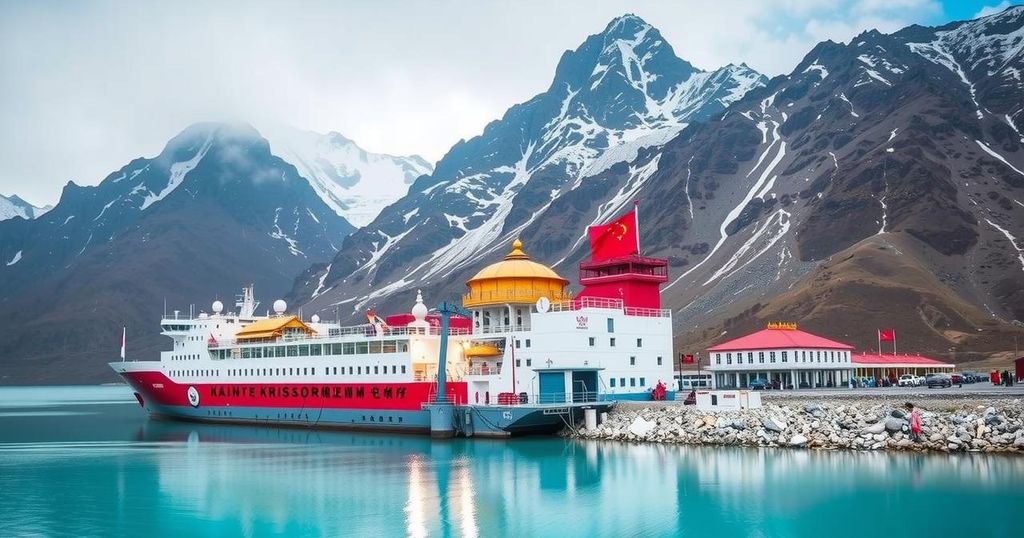
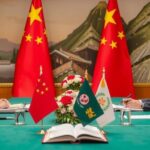
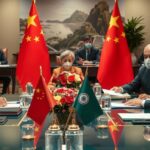
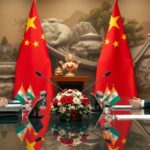
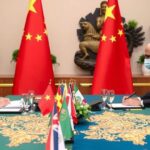
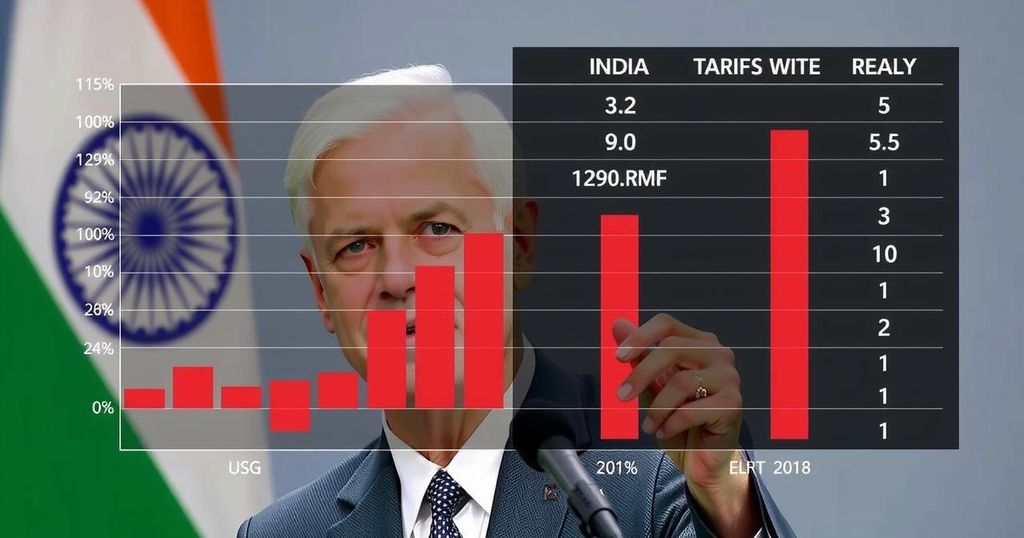
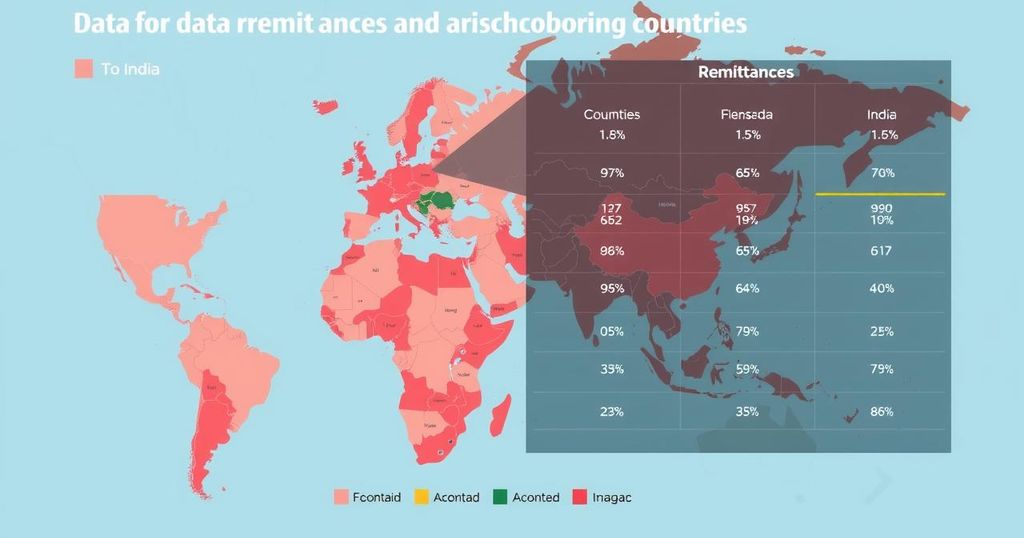
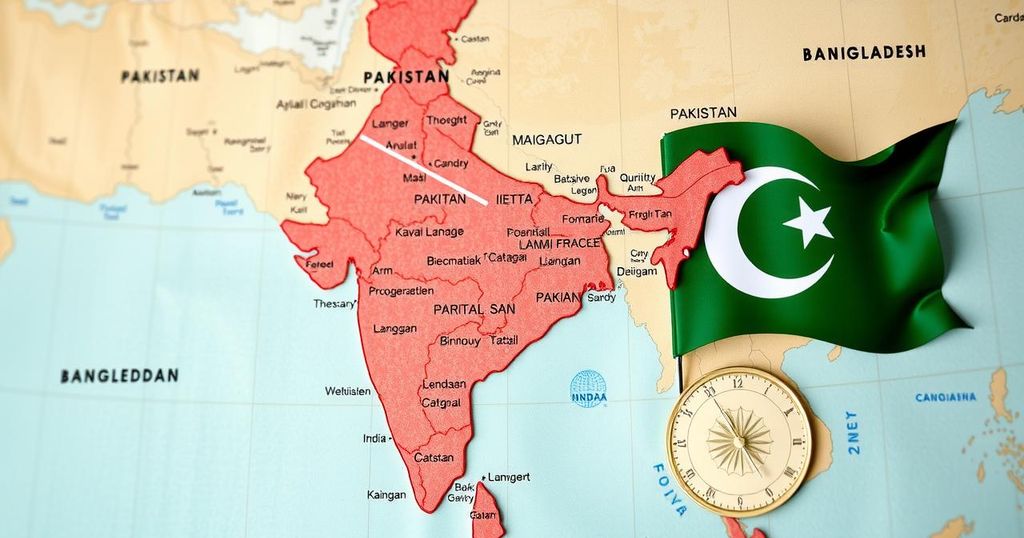
Post Comment